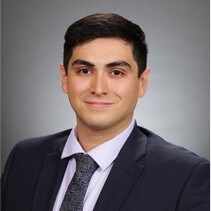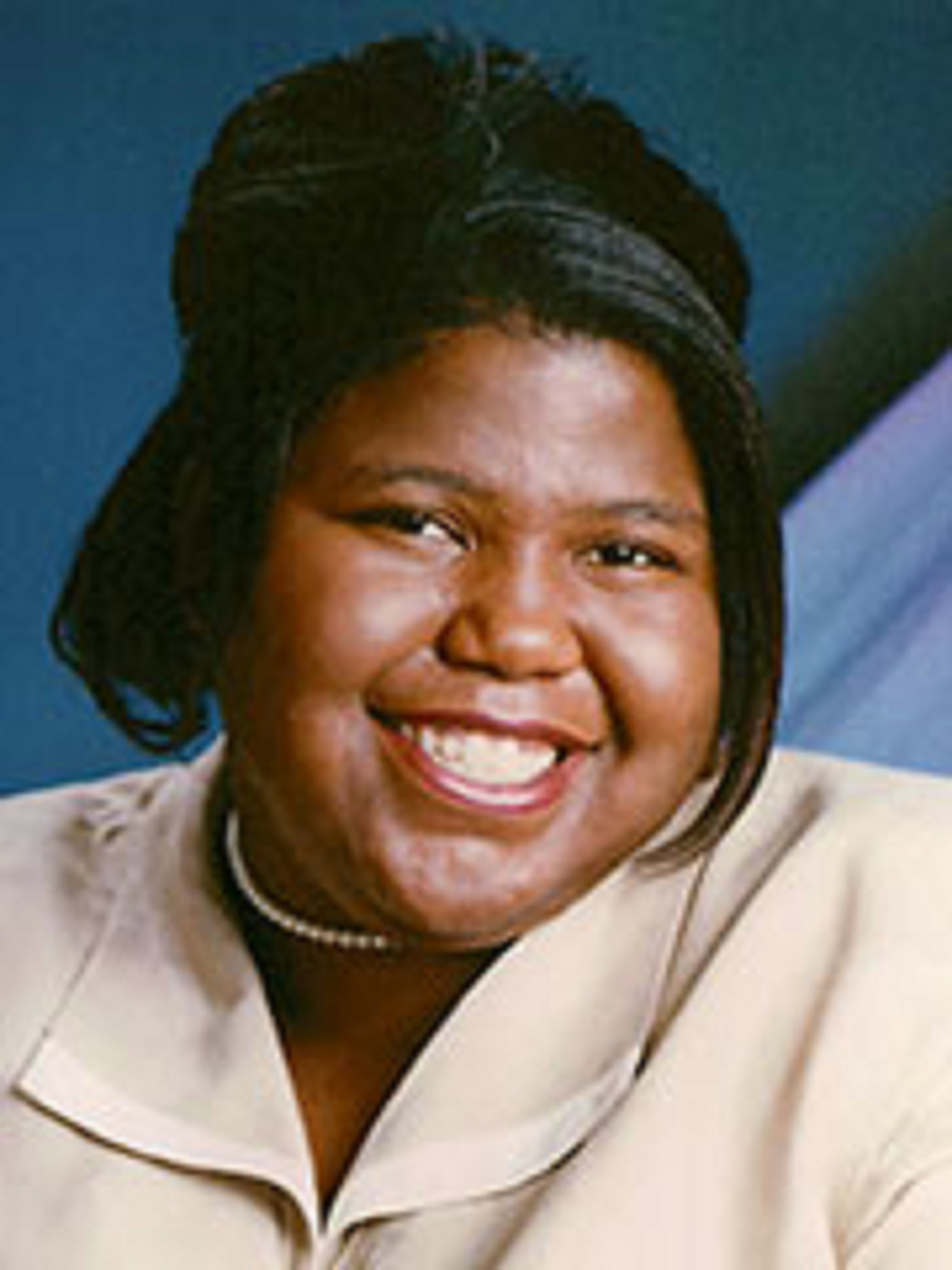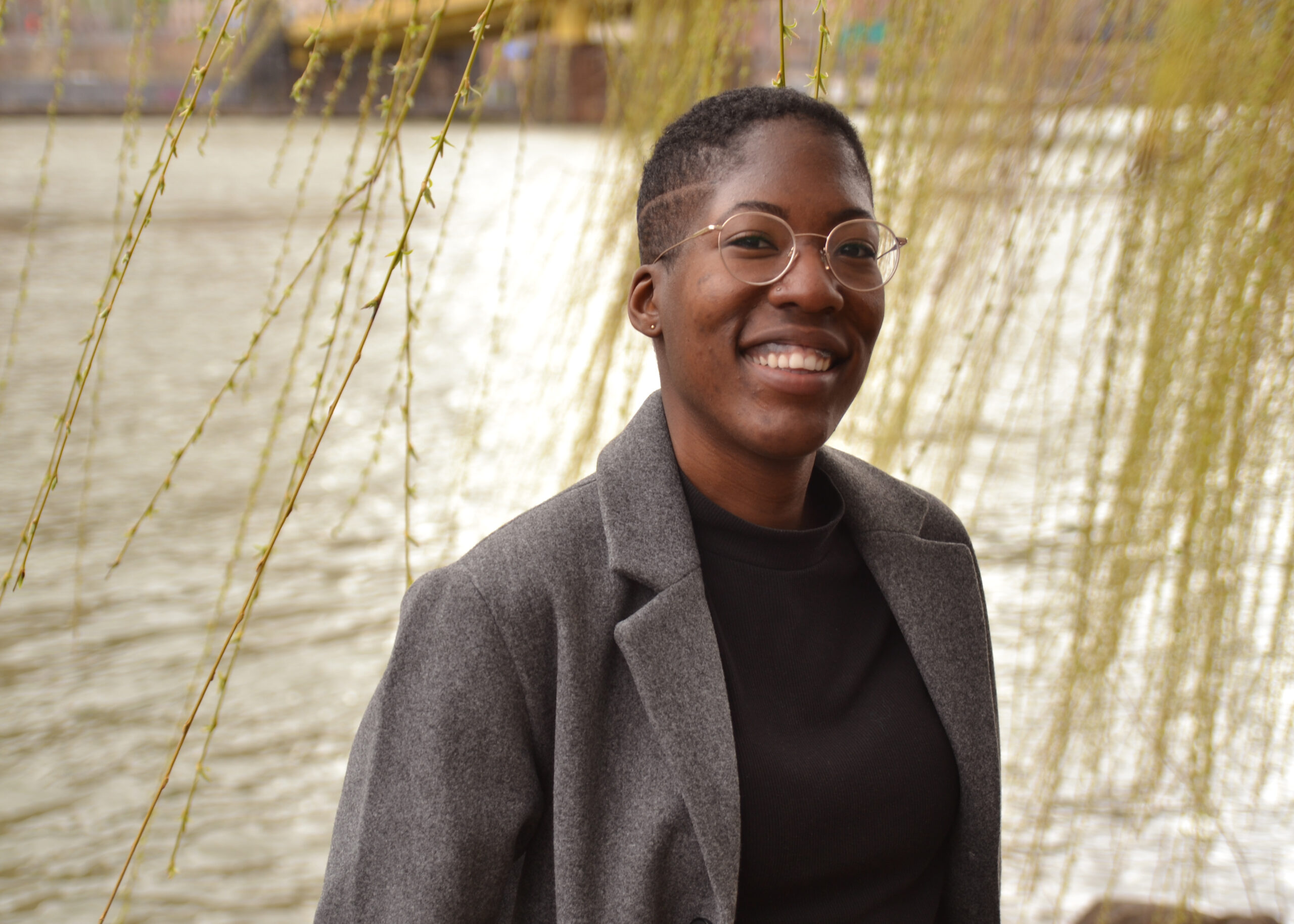Why are Black people nearly 3 times less likely to be granted parole on average? And why is the Board of Parole Hearings – the body that decides who comes home and who stays in prison – staffed almost entirely with people from law enforcement backgrounds?
Between 60% and 70% of people serving life sentences are BIPOC. And despite preliminary research showing race as a key indicator in parole outcomes, the Board of Parole Hearings and the California Department of Corrections and Rehabilitation have fought releasing additional data that would allow researchers to determine the extent of the parole board’s improper reliance on race as a factor in determining someone’s “risk to the public.” UnCommon Law and ChangeLawyers will walk you through the ins and outs of parole. Our panelists will discuss how we can build new and better ways for people to come home safely.
Many experts have linked the over-incarceration of BIPOC communities directly to the devastating legacies of slavery: intergenerational trauma, cycles of poverty, and systemic racism. These effects on communities of color have been profound; research shows that people incarcerated for violent crime have experienced 4 times the rate of childhood trauma compared to the general population. Join UnCommon Law and ChangeLawyers as we explore whether our society is willing to offer healing to those who are both survivors and perpetrators of violence.
Panelists
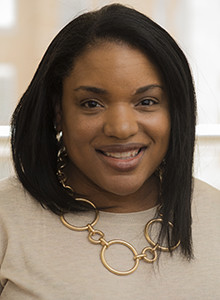
Nicole D. Porter
(she/her)
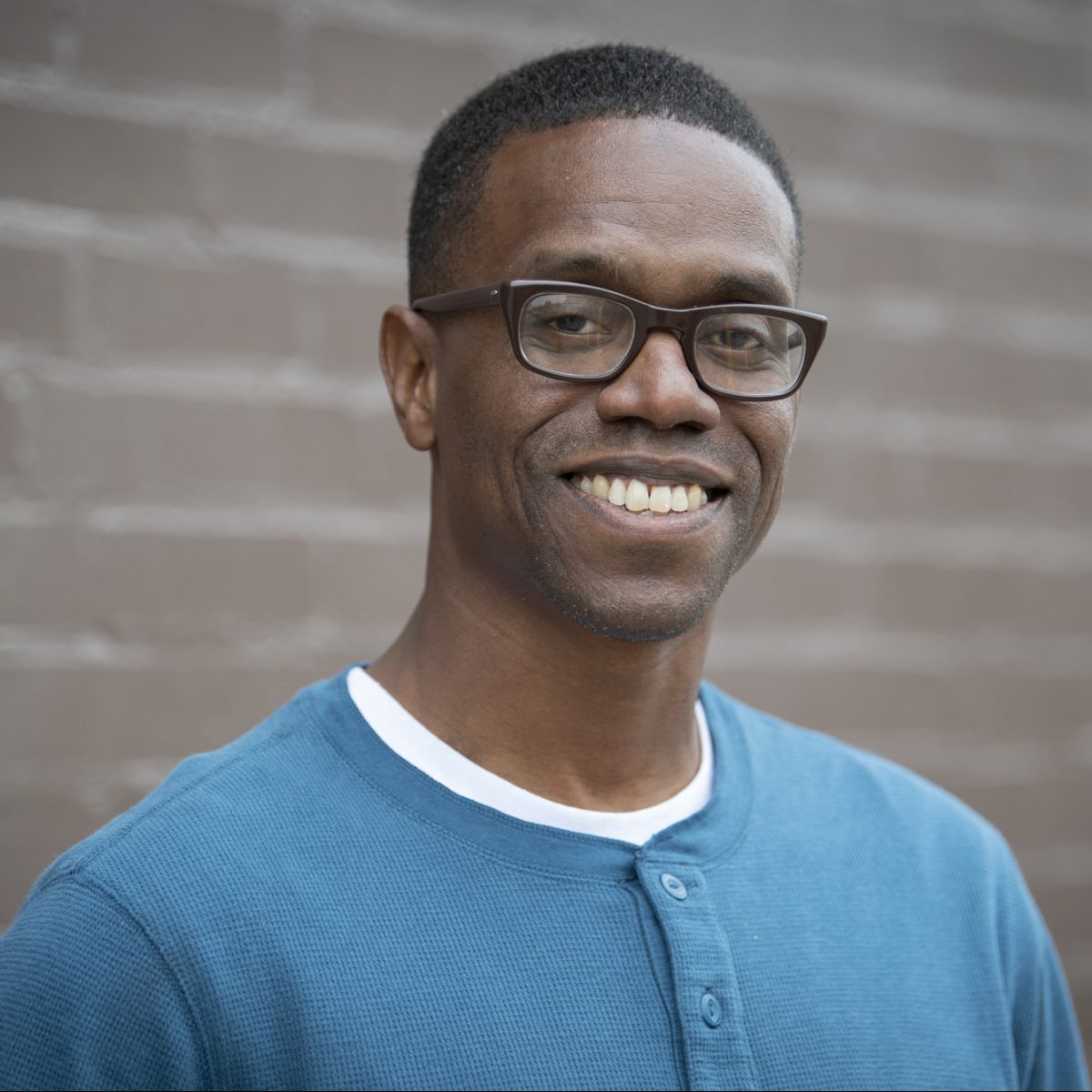
Emile DeWeaver
(he/him)
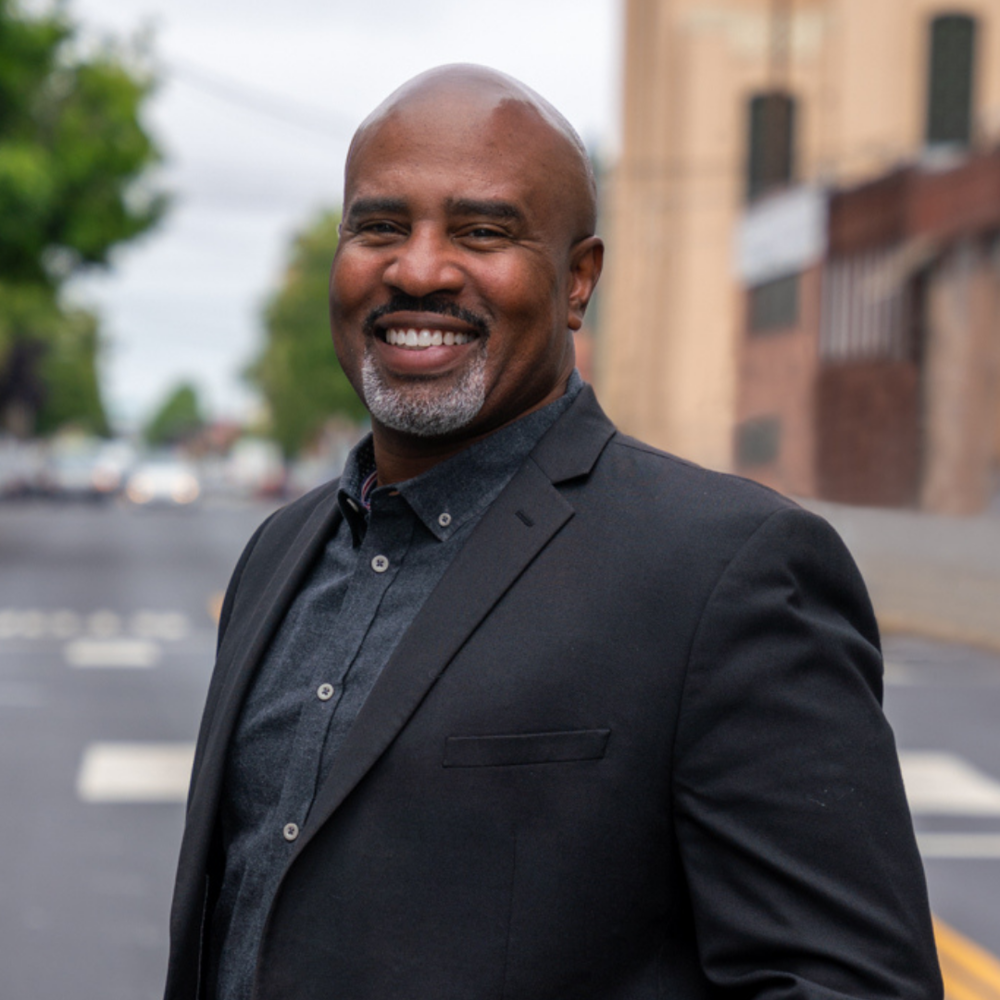
Keith Wattley
(he/him)
Keith Wattley, Founder and Executive Director of UnCommon Law, received his B.A. in Psychology from Indiana University and his J.D. from Santa Clara University School of Law. He has been advocating for the rights of people in prison and on parole for more than 20 years. Prior to launching UnCommon Law in 2006, Keith was a staff attorney at the Prison Law Office, a nonprofit law firm in Berkeley. At UnCommon Law, he has focused on helping people transform their lives and demonstrate to the parole board that they can safely be released from their life sentences. He has also engaged in impact litigation and individual cases involving unlawful prison and parole conditions, and he has trained hundreds of lawyers, law students and others in advocating for the rights of incarcerated people.
In 2018, Keith was selected as one of the Obama Foundation’s inaugural Fellows, in recognition of his unique legal model and vision. In 2020, he was awarded the James Irvine Foundation's Leadership Award. Keith has been active on several boards of directors, and is co-chair of the Institutional Review Board (human subjects committee) for the National Council on Crime and Delinquency. He was also a member of the Founding Board of Directors for the Prison University Project (San Quentin’s College Program) and a member of the Board of Directors for Legal Services for Prisoners with Children. Keith currently teaches a course titled "California Prisons and Discretionary Parole" at UC Berkeley School of Law where he also supervises the Post-Conviction Advocacy Project.




